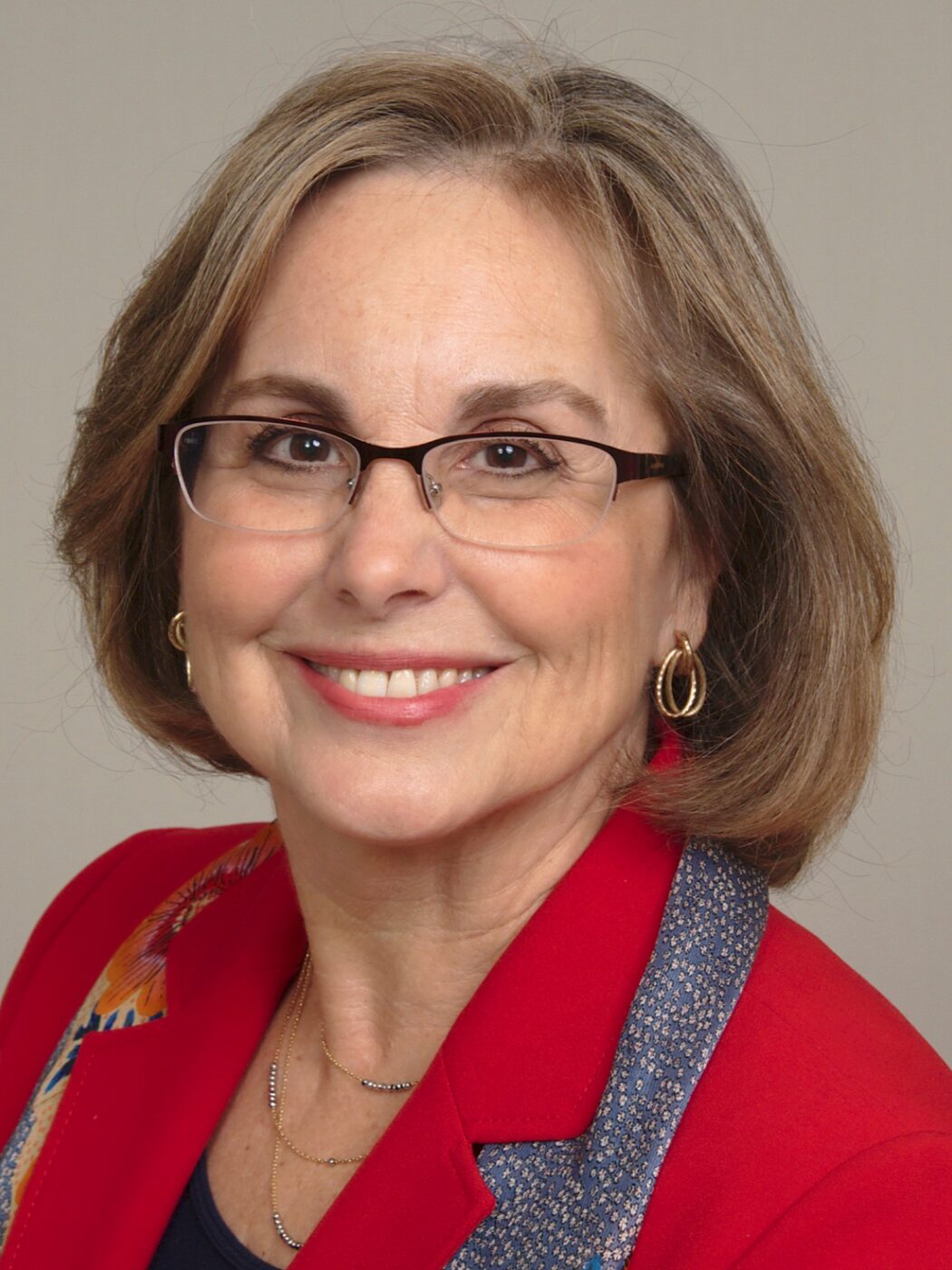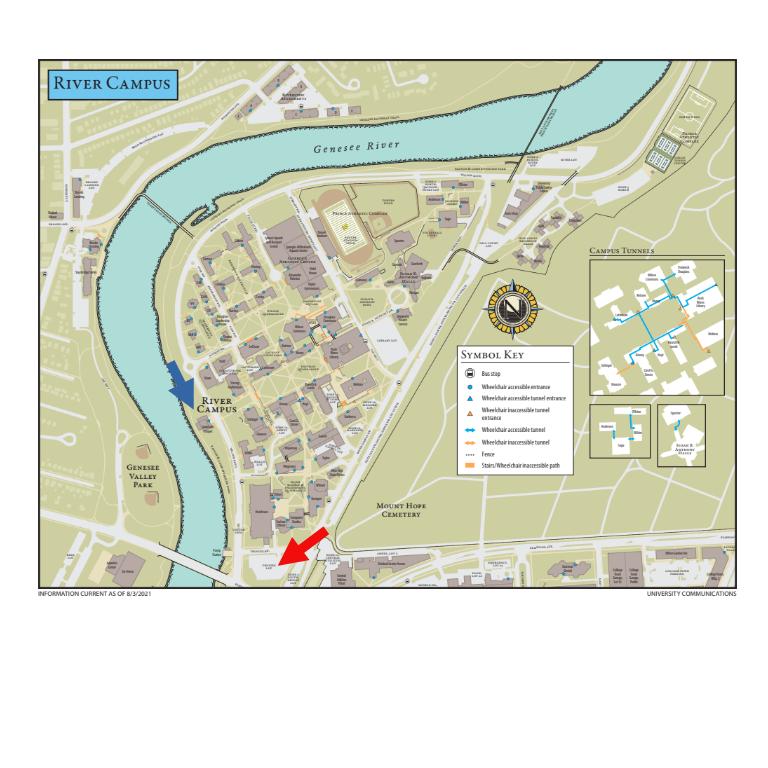Spring 2024 SCS Rochester Dinner & Discussion
Catholic Bioethics: Principles and Case Studies
Jean Baric-Parker, Ph.D.
Sunday, April 21, 2024, 7:45 pm.
immediately following the 7 pm Mass
University of Rochester River Campus
Interfaith Chapel
This event is free and open to the public.
Scroll down for a map.

Dr. Baric-Parker is the program director of the Catholic Bioethics program at the St. Bernard's School of Theology & Ministry in Rochester, NY.
Dr. Jean Baric Parker’s interest in Bioethics was piqued while studying Catholic Theology at Holy Apostles Seminary, leading to certification in Catholic Bioethics from the National Catholic Bioethics Center, where she focused on the moral implications of egg donation. More recently, Dr. Baric Parker earned her Doctorate in Bioethics from Loyola University at Chicago, focusing on beginning-of-life ethical issues, including egg donation and embryonic stem cell research. She currently serves on the Ethics Committees of the Catholic Medical Association and Empire State Stem Cell Board and is a Contributing Editor for the Linacre Quarterly ethics journal. Dr. Baric Parker is Program Director for St. Bernard's new Graduate Certificate in Catholic Bioethics and teaches the introductory course, “Catholic Bioethics: At the Beginning of Life.” She lives in Rochester, NY where she and her husband, Kevin, raised their four children.
Large BLUE arrow points to the Interfaith Chapel.Large RED arrow points to parking lots which is free on Sunday.
